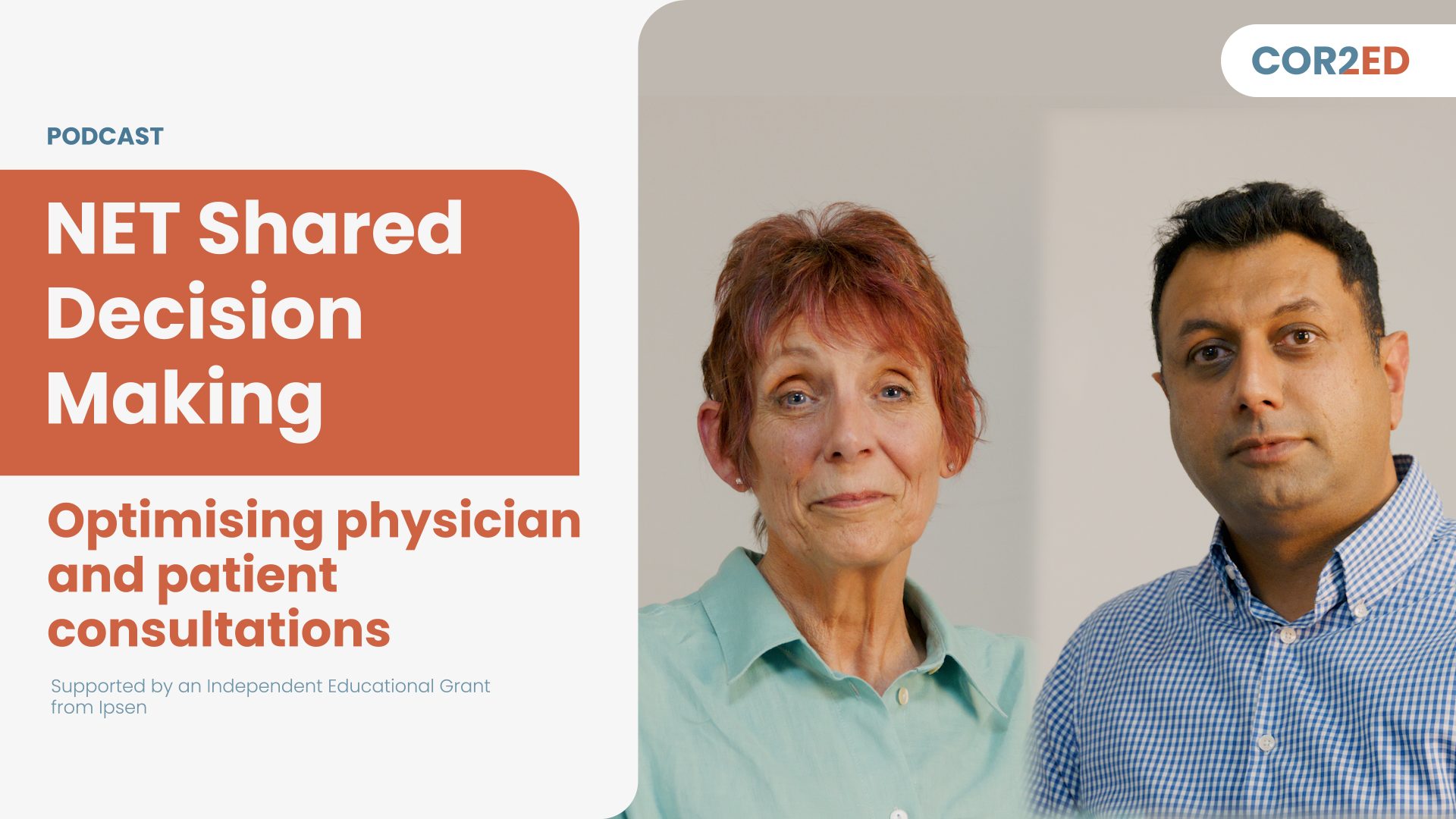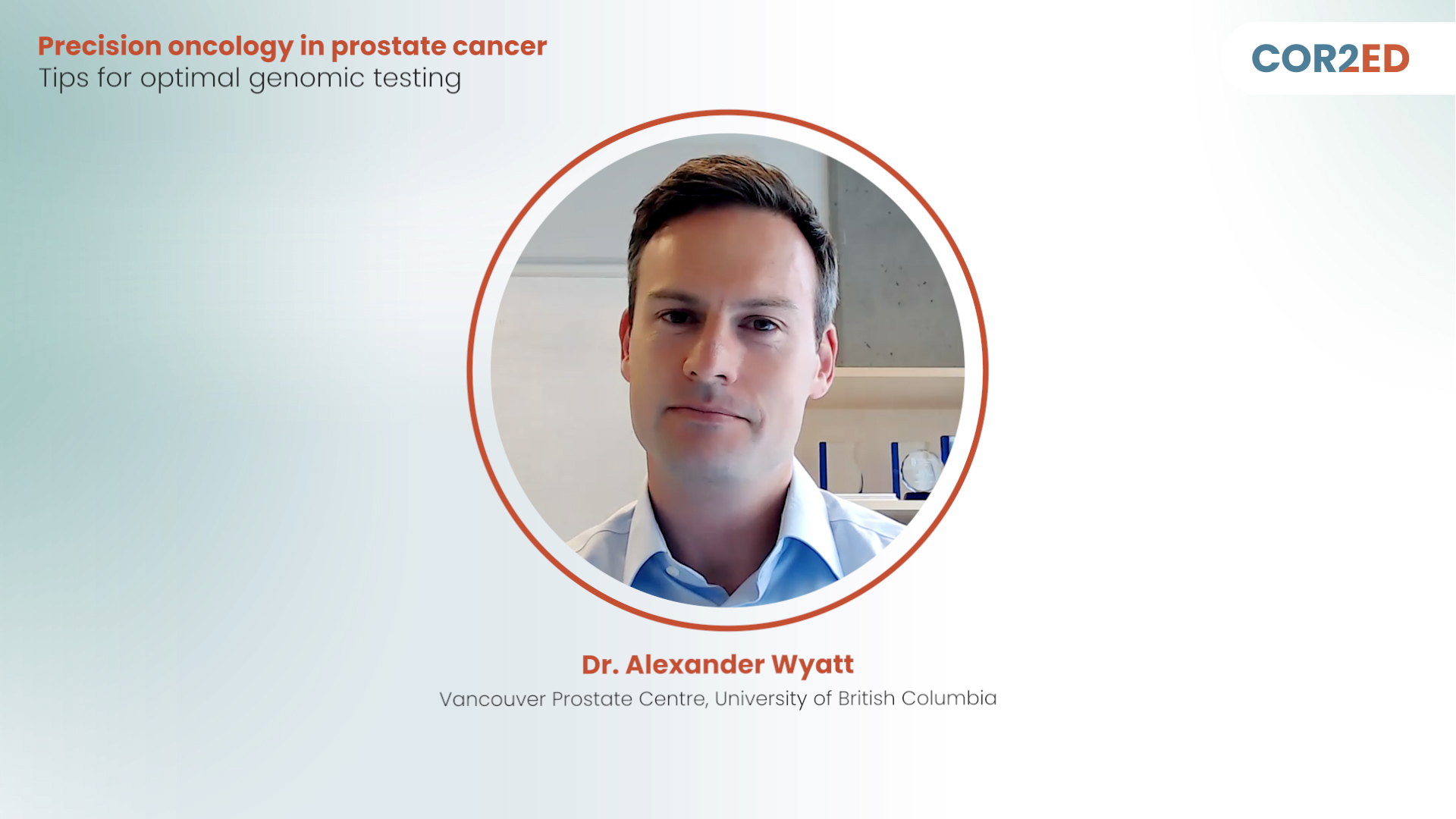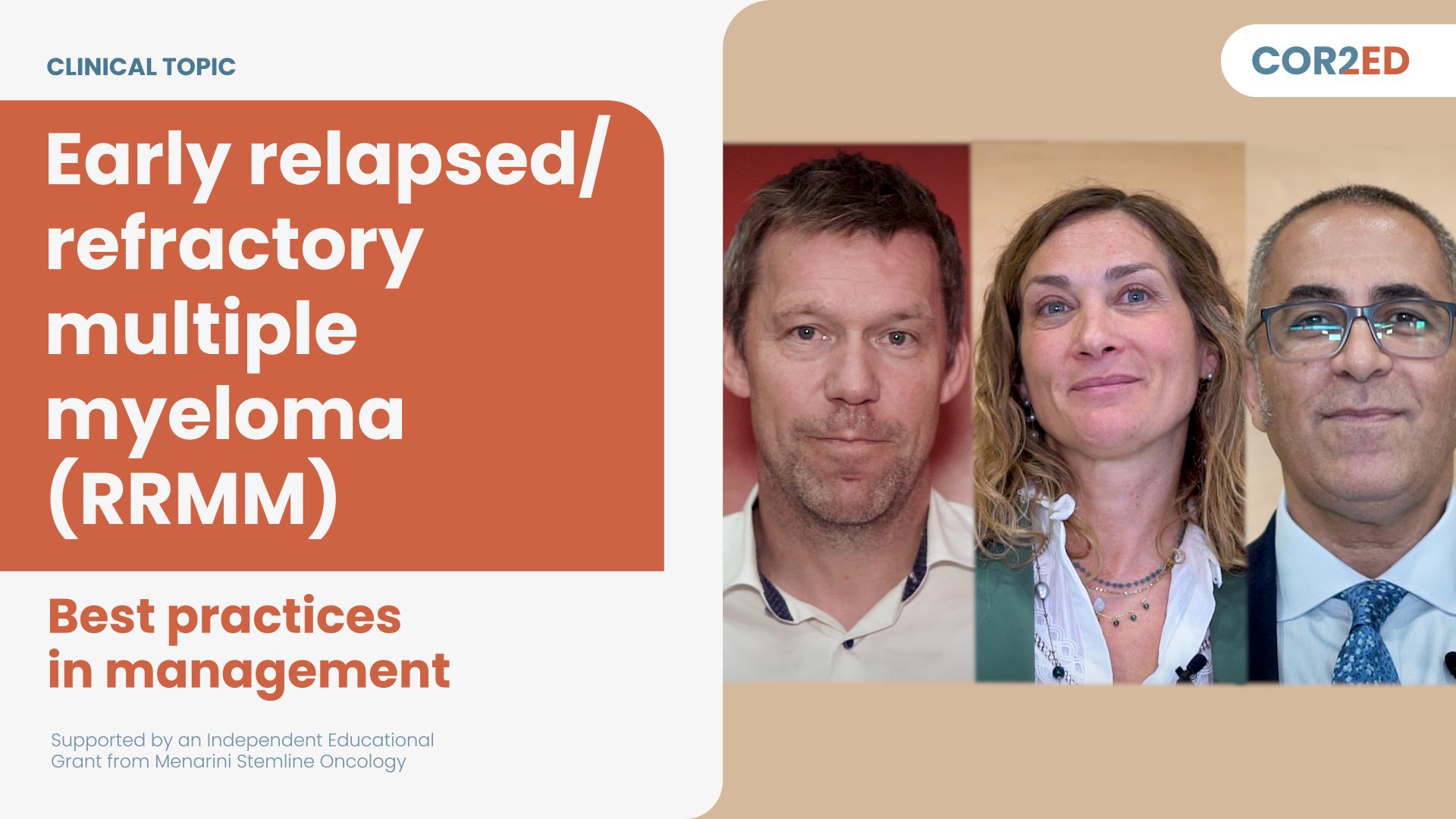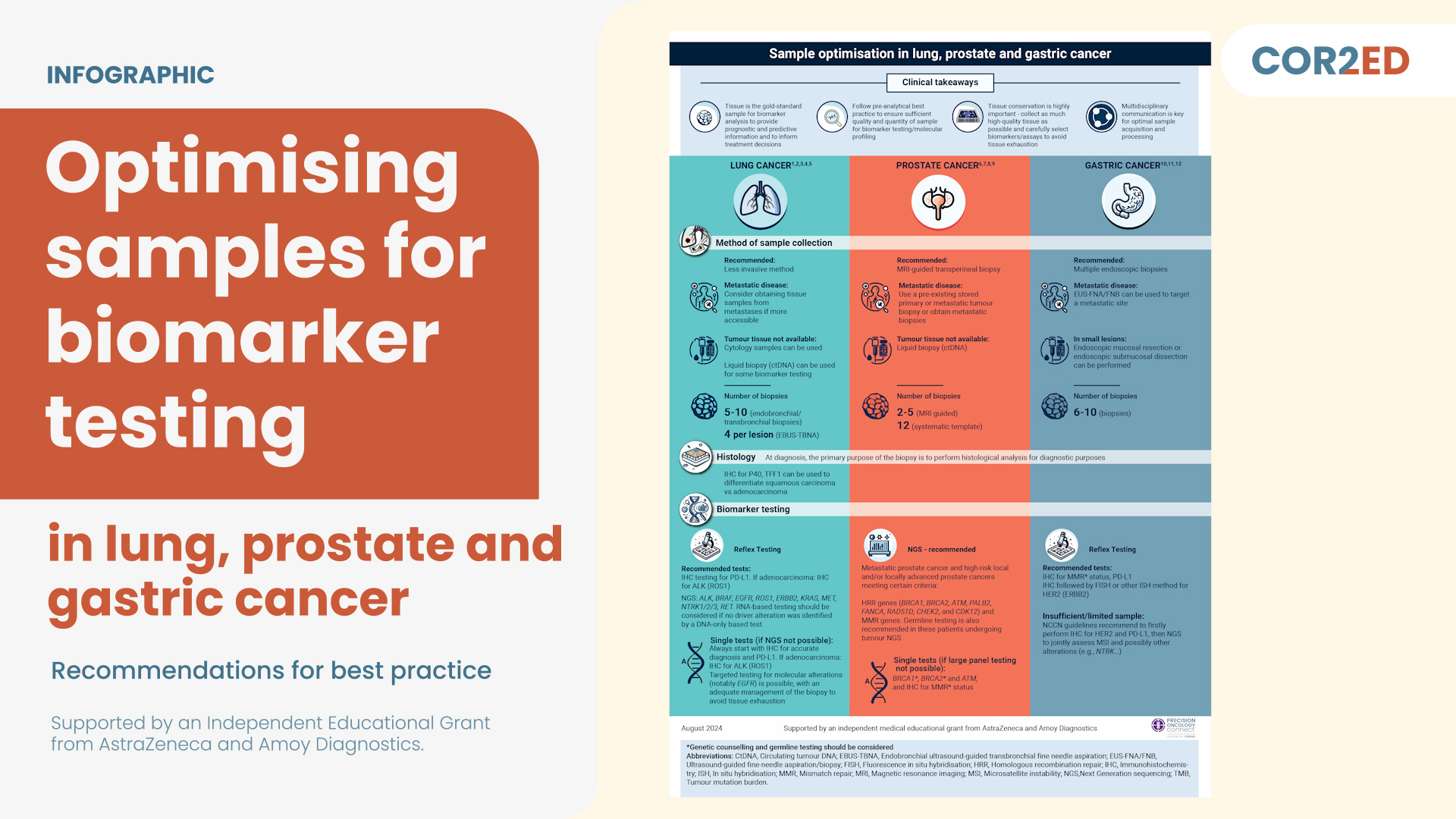Hello, my name is Steven Joniau, and I’m a urologist at the university hospitals in Leuven Belgium.
My main focus in clinical work and in research as well, is prostate cancer, and I’m happy to share with you today some highlights regarding the treatment of non-metastatic CRPC. We’re going to talk about the new data on overall survival, also on some comparison of side effects of these drugs and quality of life issues and then finish off with the main messages in the conclusion.
Developments in non-metastatic Castration Resistant Prostate Cancer
Well, what about new developments in non-metastatic CRPC? First of all, I’m talking about high risk non-metastatic CRPC, that is a specific subgroup of all patients with non-metastatic CRPC, defined by a PSA doubling time less than 10 months, and that’s very important because that is the area where all the three drugs: apalutamide, enzalutamide and darolutamide were tested; in the SPARTAN, PROSPER and ARAMIS trials.
SPARTAN, PROSPER, ARAMIS Trials
Now what’s new? Well, we already knew MFS, metastasis free survival, was prolonged in those trials, with about two years. But scepticism remains. Why? Because, well clinicians said maybe you delayed time until you see mets, but, is overall survival also prolonged? Well that’s, that’s the new stuff. Because in 2020 at the ASCO and ESMO meetings, the overall survival results of the three trials: the SPARTAN, PROSPER, ARAMIS trials were presented, and all three trials showed significant prolongation of overall survival.
Wow, ok. Now all of a sudden, this becomes really interesting for clinicians, and for patients. But there’s still a question we have to ask ourselves. If we put everything in balance, the benefits, on one hand MFS and overall survival benefits, if we put on the other hand, side effects and quality of life, into the balance, how does it weigh off, one against the other? Well I can tell you that the quality of life measurements in those three trials showed that quality of life, even though patients in the treatment arms received very intensive androgen receptor targeted agents, that the quality of life was actually maintained in all these patients.
There was no difference between the treatment group and placebo groups, in all three trials, and if there was a difference, then usually the benefits was in favour of the treatment arm. So that’s good news for patients, because besides survival benefit, they also have maintained quality of life.
Side-Effect Profiles
Lastly, side-effect profiles, that’s a little bit of a different story because, it’s not so easy to compare, head to head those three trials, why is that? Because, for instance in the SPARTAN trial, adverse events were collected, in the beginning of the trial every 4 weeks; in the two other trials every 16 weeks, so that already, you know, creates a bit of an imbalance if you want to compare side effects.
Next to that, if you look at placebo arms in the three trials, you can clearly see that even though these patients were pretty similar, there were actually similar, they all received ADT, that side effect profiles were also different, and in my mind, the best way to correct for all this is to look at safety, at similar treatment exposure, and to balance out the treatment arm versus the placebo arm, regarding the side effects. If we do that, then we see that any side effects or any adverse events, is not very different in all three trials, comparing the placebo arm with the treatment arms.
That’s interesting; if you look at serious adverse events, exactly the same. There are however, some typical side effects related to the three different drugs. If you look at specific side effects we see much less falls, fractures, cognitive impairment in the ARAMIS trial, which was the darolutamide trial, vs we see more of that in both the SPARTAN trial with apalutamide and the PROSPER trial with enzalutamide. And also we see slightly more hypertension in the ENZA trial and we see more skin rash in the apalutamide trial.
New standards in the treatment of non-metastatic CRPC
So, what I take away from everything we’ve seen so far in these three trials is that we have three new standards in the treatment of non-metastatic CRPC in patients at high risk of running into problems. Why? Because we have MFS which is prolonged, we have overall survival which is significantly prolonged as well, we have quality of life which is maintained, and we have a side effect profile which, although slightly different between drugs, is very, very manageable in those patients. So for me, yes, these three drugs are now the new standard in the treatment of non-metastatic CRPC patients.
I thank you very much for listening. Hope you enjoyed it, stay tuned to the GU CONNECT website. Bye, see you soon.


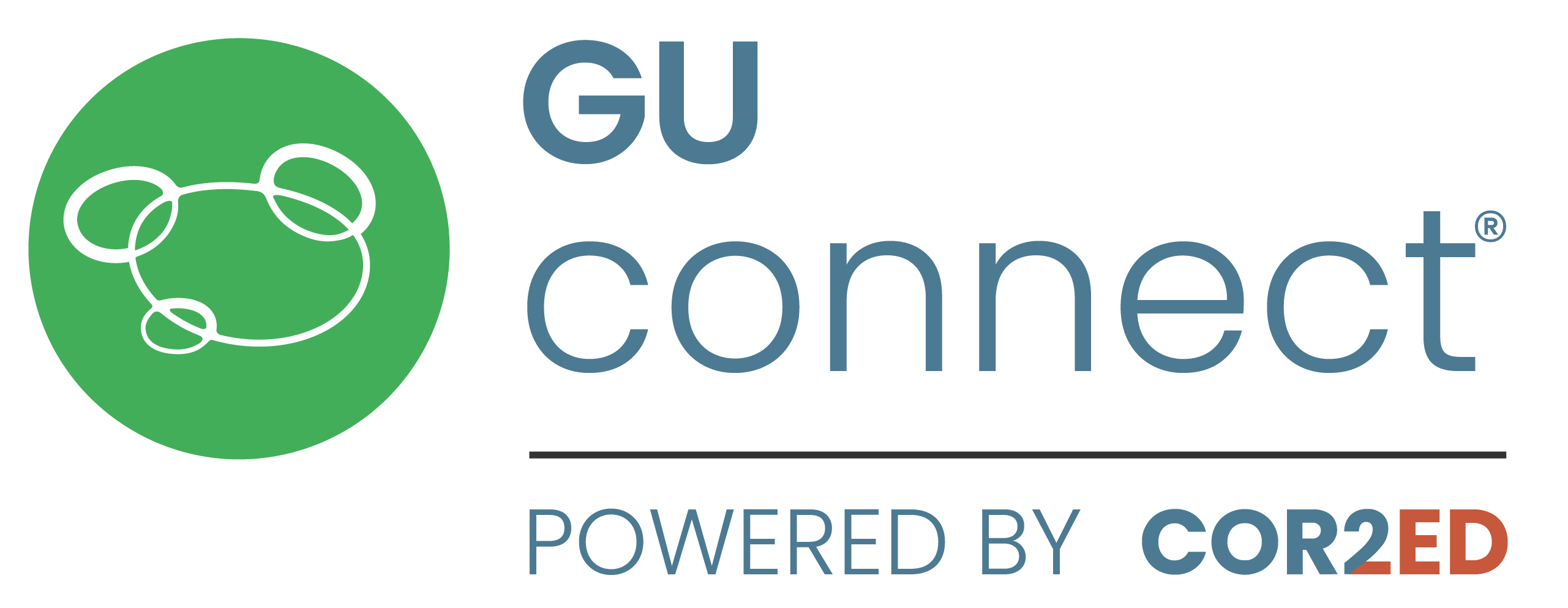
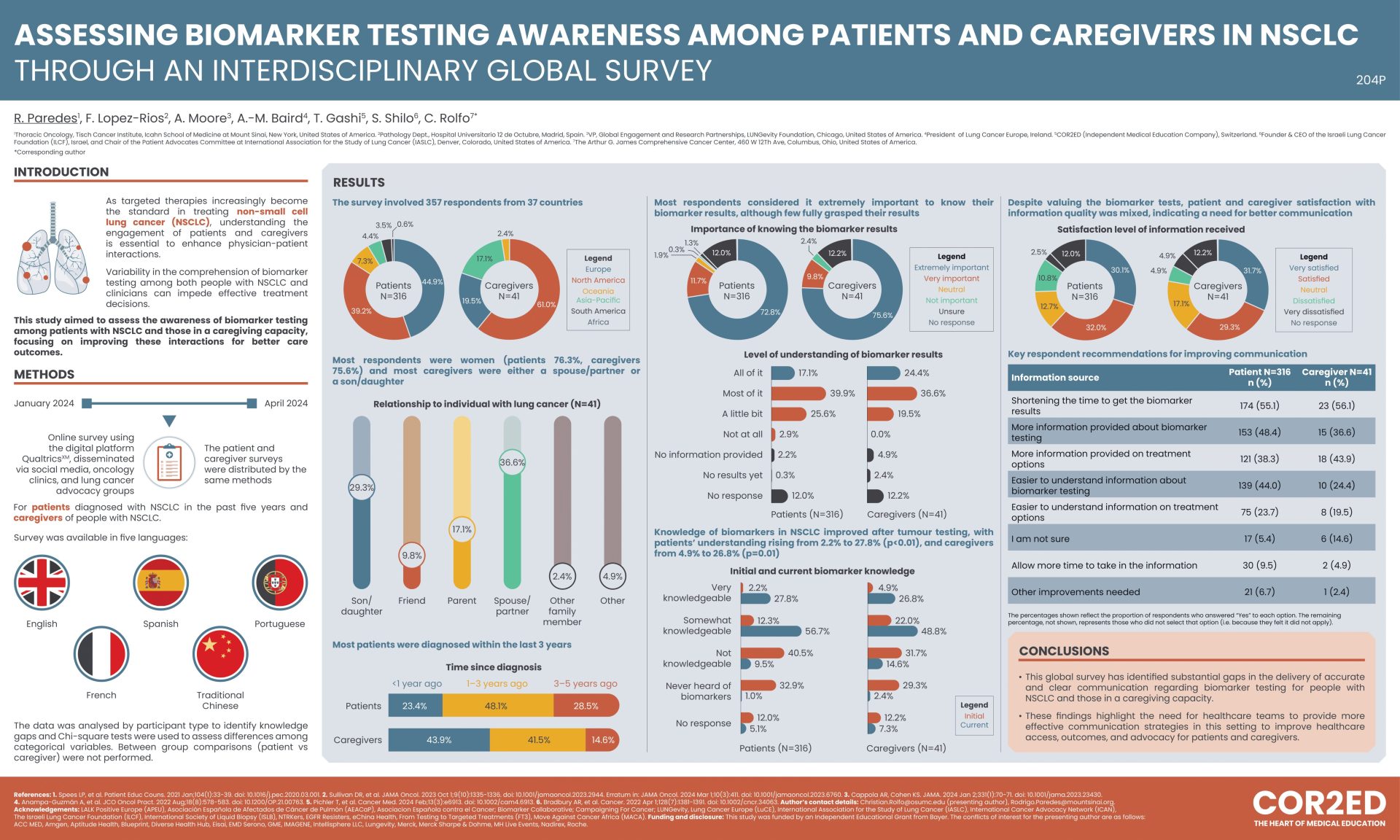


 Downloadable
Downloadable  5 MIN
5 MIN
 Sep 2024
Sep 2024 